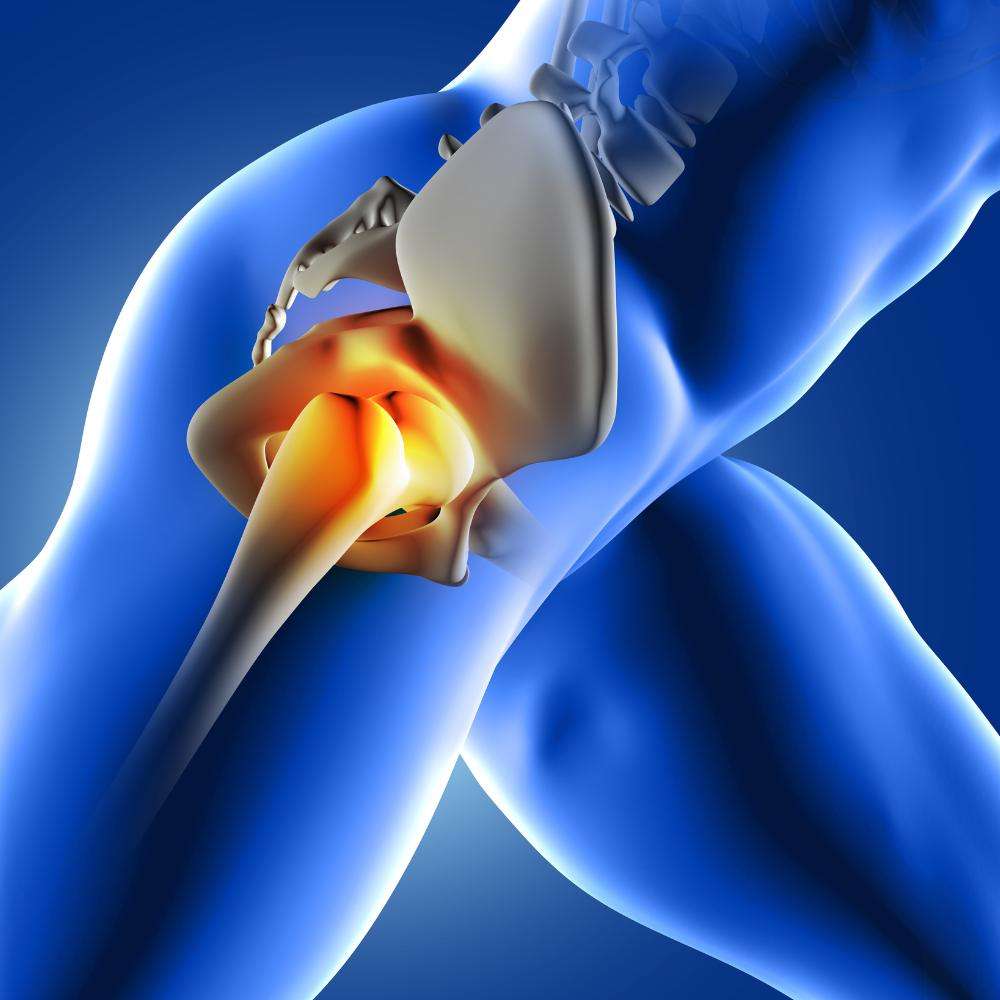Regenerative Therapy for Hip Pain
Hip pain can negatively alter your quality of life, restricting mobility and diminishing daily comfort. Causes may range from osteoarthritis, injury, overuse, congenital conditions, or any combination. Pain in the hip or side can manifest itself as an intense, sharp discomfort that radiates down through to your thigh or knee, often making routine activities such as walking, sitting for long periods, and climbing stairs difficult or even impossible, impacting overall wellbeing and independence in many ways. Such limitations often result in a decreased capacity to enjoy physical activities or complete daily tasks, having adverse impacts on mental health as well. Early intervention can help manage symptoms more efficiently, mitigating long-term consequences and maintaining an active lifestyle. Understanding not only its cause but also the specific nature of hip pain is the first key step toward personalized treatments that best fit your unique conditions.
Hip pain is often an indirect result of numerous conditions and shouldn’t be taken as the sole symptom. Common causes include osteoarthritis due to wear and tear as we age, inflammatory diseases like rheumatoid arthritis, bursitis caused by repetitive activities, and acute injuries like fractures or sprains. Each condition calls for its own tailored approach to treatment, emphasizing the value of an accurate diagnosis. Determining the precise source of hip pain is integral for effective treatment. Misdiagnosis could result in costly treatments which do not address its source effectively or even worsen it further. Our clinic specializes in diagnosing various forms of hip discomfort with state-of-the-art imaging technologies to ensure our patients receive accurate care that fits perfectly into their lifestyles.
Living with chronic hip pain not only compromises physical mobility but can have far-reaching psychological and emotional ramifications as well. Persistence discomfort often results in a cycle that disrupts sleep, increases stress levels and fosters feelings of helplessness. As mobility declines, individuals may withdraw from social activities and hobbies they once enjoyed – this may negatively impact both mental health and overall happiness. Anxiety and depression may intensify with isolation, creating a downward spiral that makes managing hip pain all the more challenging.










